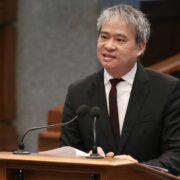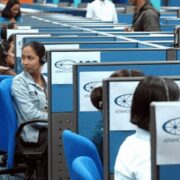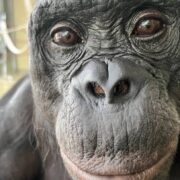The plight of many Filipino women abroad
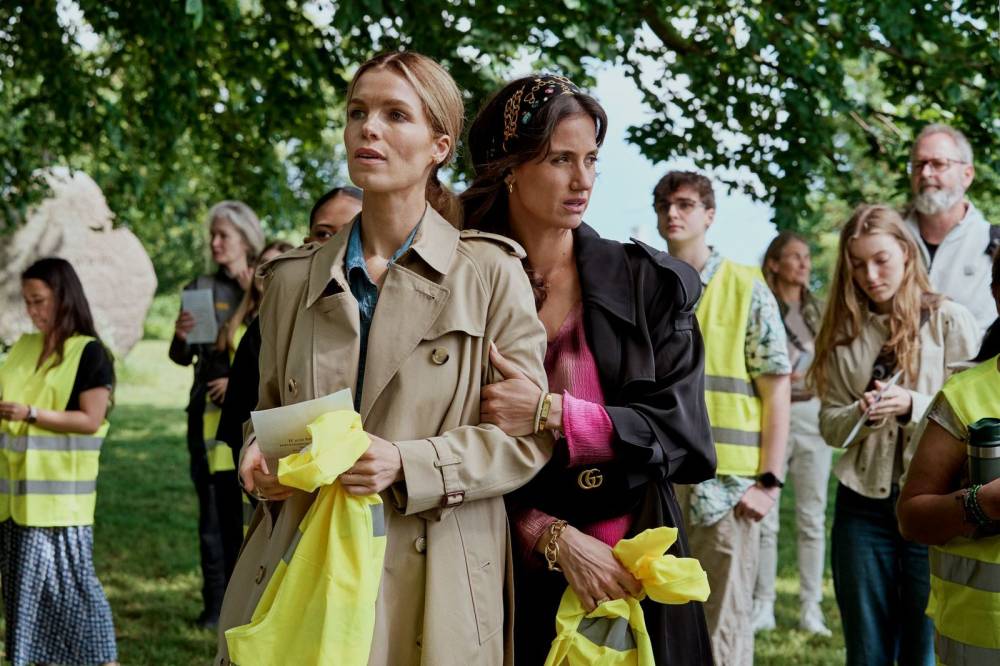
(Warning: Spoilers ahead)
Currently trending on Netflix in America, “Secrets We Keep” is a compelling Danish thriller that I finished in one sitting. It delves into the hidden complexities of human relationships and societal structures, with a plot that features the experience of many Filipino women working abroad.
This series, created by Ingeborg Topsøe (known for “Wildland,” “Hanna”), directed by Per Fly (“Borgen”), and written by Topsøe, Ina Bruhn (“Darkness: Those Who Kill”), and Mads Tafdrup (“Speak No Evil”), subtly unravels dark issues, masterfully weaving discussions of gender and power across its six episodes.
Starring Marie Bach Hansen, Simon Sears, and Lars Ranthe, the narrative highlights a clear disregard for individuals’ autonomy, particularly women. This abuse of power extends to the male figures in the miniseries, who wield wealth and influence to shield themselves from accountability.

The show’s central mystery unfolds when a young Pinay au pair or yaya vanishes in an upper-class Copenhagen suburb, prompting one Danish woman to find who’s responsible—even if her search implicates her closest friends and loved ones. This Danish drama follows a wealthy family as they deal with the fallout from a missing persons case involving their obscenely rich neighbors. Even Cecilie, the seemingly heroic protagonist, inadvertently reinforces these power dynamics by dismissing her Filipina au pair, Angel, and obstructing justice with her son’s testimony.
The series notably features talented newcomer Filipina actresses Excel Busano as Angel and Donna Levkovski as Ruby, alongside other Pinay actresses, bringing crucial authenticity to the portrayal of the au pair experience. (Coincidentally, I even had the opportunity to audition for the role of Ruby.)
The show’s critique extends beyond the male antagonists, implicating Katarina, who, despite facing sexism, perpetrates violence and microaggressions. Most critically, “Secrets We Keep” exposes the insidious nature of the au pair system, illuminating how it fosters deep-seated inequalities.
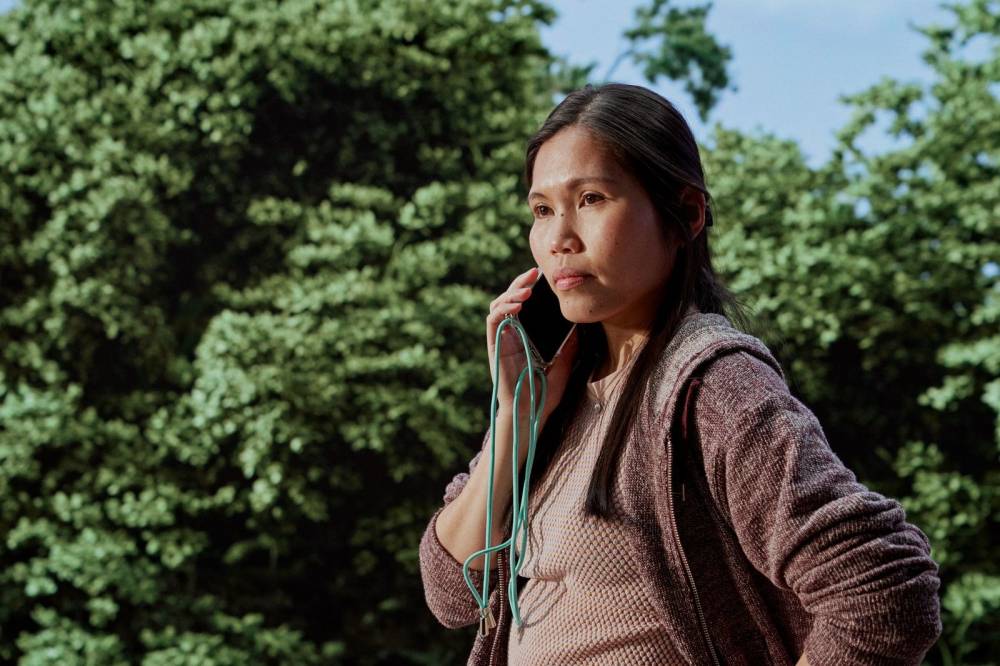
Gender, power dynamics
While “Secrets We Keep” meticulously dissects gender and power dynamics within its European setting, for countless Filipinos watching, the series serves as a chilling, albeit fictionalized, mirror of the realities faced by overseas Filipino workers (OFWs) worldwide. The Filipinas in this narrative, particularly those embedded in Denmark’s au pair system, are more than just plot devices; they embody the systemic vulnerabilities experienced by millions of our compatriots who, driven by the profound desire to uplift their families, journey abroad.
The show’s unflinching examination of the au pair system, where inherent inequalities are allowed to fester and become normalized, strikes a deeply familiar chord. It starkly reflects the often-precarious existence of Filipina nannies and caregivers, domestic helpers, and other migrant workers globally. Their profound aspirations to build a better life for their loved ones back home frequently place them in environments where their labor is exploited, their voices muted, and their fundamental human dignity eroded.
The power imbalance is palpable: Employers, regardless of their individual intentions, often hold immense sway over their lives, from their living conditions and work hours to their immigration status and freedom of movement.
What makes “Secrets We Keep” even more profoundly resonant for a Filipino audience is how easily the dynamics between the privileged Danish characters and their domestic help can be interchanged with the realities within the Philippines itself. The show’s critique of the au pair system, and the casual disregard for the humanity of those in service, mirrors the deeply entrenched “caste system” that often defines the relationship between the Filipino elite class and their own household staff—the kasambahay or katulong.
The white Danish characters, with their wealth, influence, and often unconscious perpetuation of exploitative structures, can be seen as direct analogues to certain segments of the Filipino elite. Just as Mike and Rasmus effortlessly shield themselves and Oscar from consequences, and just as Cecilie’s privilege blinds her to Angel’s plight, so too do some affluent Filipino families maintain a social distance and often a lack of empathy toward those who serve them.
The microaggressions, the casual dismissals, the assumption of absolute control over another’s life—these are not just foreign concepts; they are daily realities for many domestic workers within the Philippines.
Cold facts
Series creator Ingeborg Topsøe’s insight into the show’s foundation further solidifies this connection. She notes that while “Secrets We Keep” is not based on a true story, its core revolves around Denmark’s au pair culture, where the majority of au pairs, like those in the series, are from the Philippines.
Topsøe’s fascination with “the power structures within a family” and her observation that “few people associate Denmark with such ‘Upstairs, Downstairs’ homes” resonate profoundly. Her statement—“Au pairs are ‘part of the family,’ while being employed, and parents are well-meaning, while absent. It’s these cold, hard facts, hidden beneath a soft layer of niceness, that intrigues me”—perfectly encapsulates the subtle yet pervasive inequities that OFWs and domestic workers face globally, and within our own Filipino society.
The series, therefore, becomes a powerful tool for internal reflection. It forces us to confront not only the external forces that exploit our OFWs, but also the internal societal structures and attitudes that perpetuate similar forms of inequality within our own borders. The Filipinas in this story, though dramatized, illuminate the universal struggle against systemic injustice.
For me, this narrative hits a deeply personal chord. Having been raised by a single mother who, out of sheer necessity and not luxury, had to work abroad for much of my youth, I intimately understand the profound complexities of a parent’s decision to leave their child in the care of others. My own upbringing, even with the presence of household help in the Philippines, allowed me to witness firsthand the intricate dynamics of caregiving and separation.
Angel’s plight in “Secrets We Keep”—being fired for a lie in her application, a lie born from the desperate need to secure a future for her own child while caring for another family’s—is not just a plot point; it’s a stark, painful echo of realities faced by countless Filipino mothers. Their experiences compel us to confront the uncomfortable truths about privilege, vulnerability, and the enduring quest for human rights and dignity in a world that frequently overlooks the essential humanity of those who care for its homes and families.





